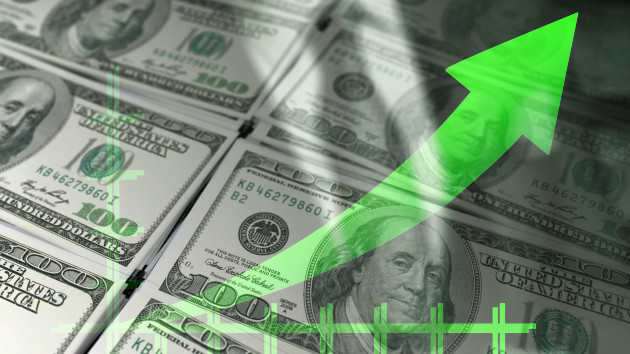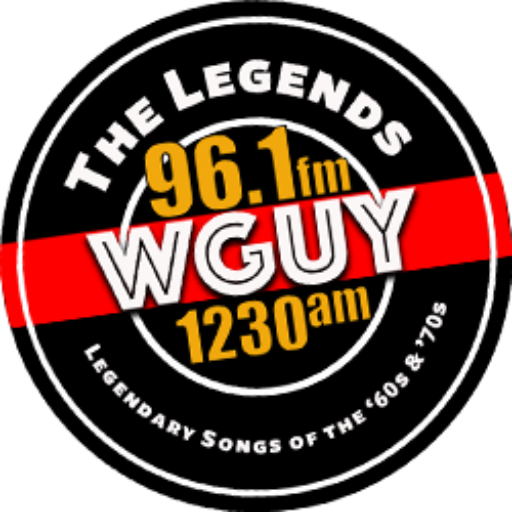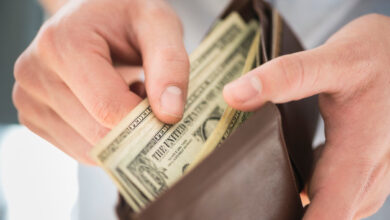Interest rates may stay high for longer. Here’s what it means for the 2024 election.


(NEW YORK) — At the start of 2024, the economy appeared to deliver just about everything President Joe Biden could want: falling inflation, robust growth and a forecast of interest rate cuts at the Federal Reserve that might send economic output even higher.
Since then, however, the sunny outlook has darkened. Inflation has proven stubborn and output has slowed. Perhaps most notably, the Fed has cast doubt over whether rate cuts will arrive after all.
Experts who spoke to ABC News described the delay of interest rate cuts as a challenge for Biden that could make his reelection more difficult. The lack of cuts could weigh on economic output and compound the financial pain of inflation, they noted.
Moreover, if the Fed did cut rates, any benefits would likely take hold beyond Election Day. Those benefits would also be muted since key measures of economic health remain fairly strong, such as the pace of economic expansion and the level of unemployment, experts argued.
“High interest rates tamp down economic growth and that is a detriment to the president’s reelection,” Matt Grossman, a professor of political science at Michigan State University who studies the role of economic performance in electoral politics, told ABC News.
“The only unknown there is the timeline,” Grossman added, referring to delayed interest rate cuts. “It might be too late now to have a big effect on economic performance.”
When reached for comment, the Biden campaign directed ABC News to a former member of the Council of Economic Advisers.
At a meeting last week, the Fed decided to hold its benchmark interest rate steady for the sixth consecutive time. The central bank said it does not anticipate cutting interest rates until it’s confident that inflation is moving sustainably downward.
“So far the data has not given us that greater confidence,” Fed Chair Jerome Powell said at a press conference in Washington, D.C., last Wednesday. “It is likely that gaining such greater confidence will take longer than previously expected.”
Inflation has fallen significantly from a peak of 9.1% but it remains more than a percentage point higher than the Fed’s target rate of 2%.
Since last July, the Fed Funds rate has stood between 5.25% and 5.5%, matching its highest level in more than two decades.
The delayed interest rate cuts mark a blow to the Biden campaign, since the Fed’s posture illustrates the need for a continued fight against inflation, Steve Boms, founder and president of D.C.-based consulting firm Allon Advocacy.
“If you’re on the Biden campaign, you’re hoping that the rate cuts come as soon as possible because voters tend to vote based on their pocketbooks,” Boms said.
Interest rate cuts would lower borrowing costs for consumers and businesses, potentially triggering a burst of economic activity through greater household spending and company investment.
Credit card holders could gain some immediate relief from sky-high interest rates while prospective homebuyers would see mortgage rates ease. Even a series of two quarter-point cuts at the Fed, however, would not sizably reduce such borrowing costs, Boms said.
Still, he added, the interest rate cuts would send an important signal that the administration has brought inflation under control.
“The headline of rates starting to come down could move the needle politically a little bit even if quantitatively it wouldn’t make that much of an impact on how much folks are spending on credit cards, auto loans and mortgages,” Boms said.
The economy poses a political liability for Biden. Thirty-seven percent of U.S. adults approve of Biden’s handling of the economy, slightly lower than his overall approval rating of 40%, according to a Gallup poll in March.
Public sentiment about the economy has improved in recent months but it remains well below pre-pandemic levels, according to a University of Michigan survey.
That said, the economy has performed well on several key metrics. Economic growth has slowed in recent months but continues apace at a solid clip. Unemployment stands near a 50-year low.
The movement of interest rates prior to Election Day is unlikely to change economic factors that affect voter attitudes, such as the unemployment or growth rate, Joe Stone, a professor emeritus of economics of the University of Oregon, told ABC News.
“Most of the economic factors that would affect the election are already baked in this close to the election,” Stone said.
Copyright © 2024, ABC Audio. All rights reserved.






